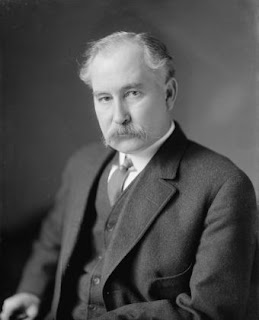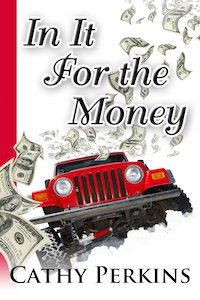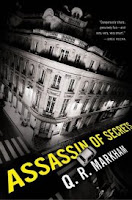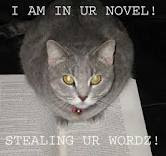Politics As Usual Or Is Scandal A Thing Of The Past?
You remember history, that thing we’re destined to repeat if we don’t remember it?
What happened, you ask?
 |
| Teapot Dome |
Harding’s campaign slogan for the election was “Return to normalcy,” a return to the way of life before World War I. His promise was to return the United States to its prewar greatness after the hardships of World War I (1914-1918). (Hmm,
Make America Great?) As president, Harding favored pro-business policies, diminished conservation, and
limited immigration.
Even though it lasted only from 1921 to 1923 (Harding died in 1923), Harding’s administration became the
most scandal-ridden to date, thanks to his political friends. Attorney General
Harry Daugherty was accused of profiting from the sale of government alcohol
supplies during Prohibition, as well as selling pardons. Harding’s head of the
Veterans Bureau, Charles Forbes, was sentenced to two years in prison for
bribery and corruption. Other scandals involved appointees in the Shipping
Bureau and Alien Property Custodians office. And, Harding’s Secretary of the
Interior, Albert B. Fall, announced his resignation in the midst of an
unfolding scandal that would become known as Teapot Dome.
Now I’d heard of the Teapot Dome scandal, but didn’t really know what was involved, so on a whim, I did a
little research. (It’s what authors do, usually when they’re procrastinating.)
The Teapot Dome Scandal of the 1920s shocked Americans by revealing an unprecedented level of greed and
corruption within the federal government. The scandal involved ornery oil
tycoons, poker-playing politicians, illegal liquor sales, a murder-suicide, a
womanizing president and a bagful of bribery cash.
 |
| Albert Fall |
Fall attempted to transfer control of the Forest Service from the Department of Agriculture. He wanted the natural resources of the Alaska Territory (apparently for his own use), but was no match for the Agriculture Secretary–and future Vice President–Henry Wallace. He was more “successful” with the US Naval oil-reserves. As the Navy converted from coal-powered to oil-fueled ships, the reserves insured there was sufficient oil in the event of another war.
Fall convinced Warren G. Harding to transfer supervision of the land from the Navy to the Department of
the Interior in May 1921 (which Harding did by Executive Order). Fall then secretly
granted exclusive rights to the Teapot Dome(Wyoming) reserves to Harry F. Sinclair of the Mammoth Oil Company (April 7, 1922). (He also made similar rights grants to Edward L. Doheny of Pan American Petroleum Company for the Elk Hills and Buena Vista Hills reserves in California (1921–22).)
What brought Fall down was a Congress that actually investigated instead of staging
political shows and a Justice Department that “followed the money.” Fall’s
personal financial position improved dramatically following the lease grants,
attracting the attention of Senate investigators. Special prosecutors were
appointed and the investigation unraveled the crime.
In 1929, Fall became the first former Cabinet officer ever convicted of a felony committed while in
office. He was fined $100,000, which he never paid, and served only nine months
of a one-year prison sentence. “My version of the matter is simply that I
was not guilty,” he told the parole board. (Ironically enough, after
resigning, Fall took part in lucrative oil deals in Russia and Mexico with both Doheny and Sinclair.)
Doherty was never charged, but Sinclair refused to answer some of the Senate team’s questions, claiming that Congress had no right to probe his private affairs. That refusal was challenged and eventually reached
the Supreme Court. In the 1929, Sinclair vs. United States ruling,
the court said that Congress did have the power to fully investigate cases
where the country’s laws may have been violated. Sinclair would later serve six
months in prison for contempt of Congress and jury tampering.
Visit her at http://cperkinswrites.com or on Facebook
Sign up for her new release announcement newsletter in either place.
She’s hard at work on the next book in the Holly Price series, In It For The Money which releases this summer.




